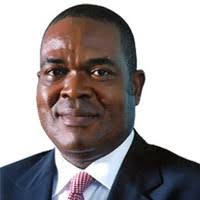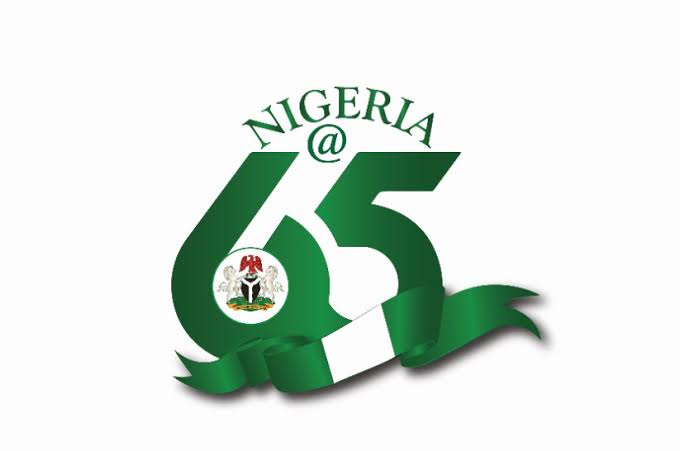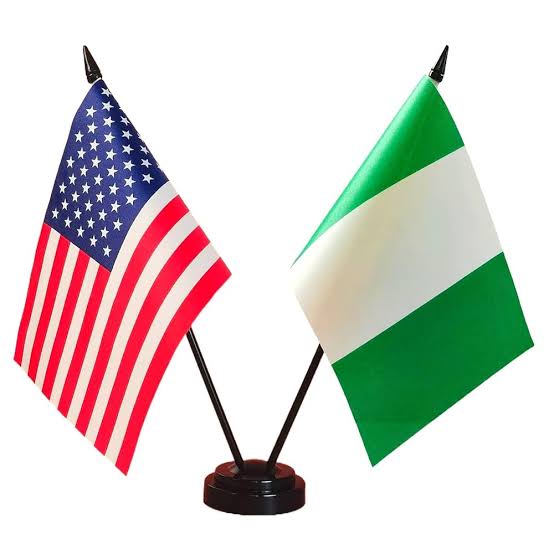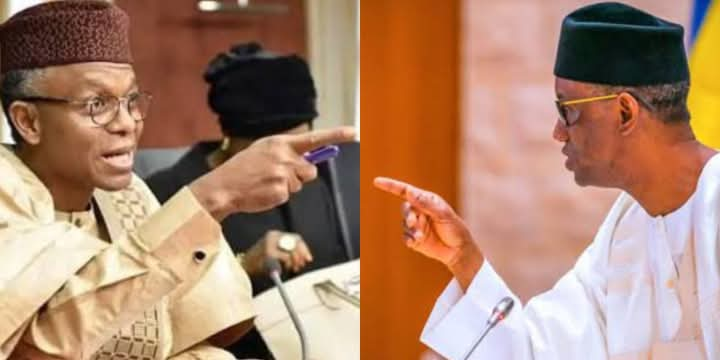By Marcel Okeke
The speech by President Bola Ahmed Tinubu on the 65th independence anniversary of Nigeria, October 1, 2025 would seem to have presented to Nigerians a picture of an economic Eldorado within the reach of all in no time. Mr. President said with aplomb that as far as the economy is concerned: “The worst is over,” adding that “I am pleased to report that we have finally turned the corner.” He said “under our leadership, our economy is recovering fast, and the reforms we started over two years ago are delivering tangible results.” Truly, while the President might have some figures to flaunt, such data largely depict some marginal growth without development. And the people’s economic wellbeing certainly goes far beyond ‘statistics.’
One of the earliest ‘achievements’ of the Tinubu administration was the approval of a new minimum wage—that was moved from thirty thousand naira to a new level of seventy thousand naira. But as soon as this deal was struck with Labor, inflation rate rose fast, hitting 34.87 per cent at end-December 2024: completely wiping away the purchasing power inherent in the so-called new wage, making the beneficiaries poorer.In point of fact, in real terms, the new minimum wage left the beneficiaries worse off. This is because before the wage increase, the extant thirty thousand naira wage amounted to about US$60 (at the ruling exchange rate of N500/$). The new minimum wage of seventy thousand naira merely amounted to about US$47 (at the ruling exchange rate of N1,500/$). So, for being paid a higher minimum wage, the beneficiaries would be losing about US$13 each, each month.
In Economics science, money is defined as “what money can buy;” it follows therefore that the ‘improved’ wage in the face of rising inflation and highly devalued naira equals impoverishment for the beneficiaries. In varying proportions, the vast majority of employees in the private and public sectors are suffering the same fate of imposed poverty, with or without salary increases in the past two years.Rather than whittling down the 133 million Nigerians identified as multi-dimensionally poor, according to the National Bureau of Statistics (NBS) data, the reforms for which Mr. President was beating his chest (in his October 1 address) are sentencing more Nigerians to penury and destitution. Apparently, in realization of this reality, the Tinubu administration has had to try all manner of palliatives—but to little or no avail.It is an open secret that the very ministry and agencies created to administer the palliatives to the ‘vulnerable’ in society usually turn cesspools of corruption, malfeasance and mismanagement of public funds. It is on record that Betta Edu, erstwhile Minister of Humanitarian Affairs and Poverty Reduction, was first suspended on allegations of money laundering, but later sacked in a subsequent cabinet reshuffle.In this regard, Mr. President advertised in his October 1 address that N330 billion has been disbursed to eight million households, “many of whom have received either one or two out of the three tranches of the three N25,000 each.” This claim, to most Nigerians, amounts to mere throwing around of figures. Whither the impact? Are the beneficiaries traceable?In the October 1 speech, Mr. President deployed a huge dose of statistics to validate his claims of the imminent economic Eldorado. Yet, it needs be recognized that: “Statistics is like a lamp pole, it can help illuminate the way, but it can’t take you where you want to go on its own.” This is why from a peak of nearly 35 per cent inflation rate at end-December 2024, the Federal Government rebased the Consumer Price Index (CPI) to crash the inflation rate to about 24 per cent in January 2025. It has sustained this methodology to arrive at an inflation rate of 20.12 per cent in August 2025. But how are the people feeling?In the same vein, Mr. President mentioned the so-called stable exchange rate of the naira in the foreign exchange market. From an average exchange rate of N500/$ in May 2023, the exchange rate went haywire, hitting almost N2000/$, before getting to N1, 500/$ of today. Whoever had stored his assets in dollars here in Nigeria is automatically transformed into a multi-millionaire; and vice-versa. This is why today, the Nigerian Naira is ranked as the ninth weakest currency in the 54 countries of Africa.
According to the latest Forbes currency calculator report for September 2025, the ranking relies on real-time data provided through the Open Exchange Rates API, and factors in demand and supply dynamics, economic stability, and overall market sentiment affecting different African currencies.
According to the report, Sao Tome & Principe dobra topped the list as the weakest African currency at 22,282 per $1, followed by the Sierra Leonean Leone at 20,970 per $1. They are followed by Ugandan shilling, Burundian Franc, Congolese Franc, Tanzanian shilling, Malawian kwacha and then, Nigerian Naira at 1, 495 per $1. In the tenth position is Rwandan Franc. The currencies of 45 African countries are stronger than the Naira!
The import of this weak currency gets more telling when the ‘sacrifice’ made to attain this level of exchange rate is realized. Specifically, the tight monetary stance of the monetary authorities for close to two years has caused a lot of havoc to the real sector of the economy. This is reflected in the very high monetary policy rate (MPR) that the Central Bank of Nigeria (CBN) has maintained for a long time now.
From about 18 per cent MPR in June 2023, the apex bank hiked the rate to 27.50 per cent, and left it for close to one year at that level. Cash Reserve Ratio (CRR) was similarly hiked from below 30 to 50 per cent; thus, stifling the credit creation capacity of the banks.
The apex bank went ahead using the high MPR in pricing its T-Bills and other instruments. This tactic has largely been successful in attracting foreign portfolio investments (FPIs), but not Foreign Direct Investments (FDIs). The upshot of this has been the ‘crowding out’ of many local operators who cannot access capital at the outrageous interest rates offered by the commercial banks. Mostly, Micro, Small, Medium-sized Enterprises (MSMEs) are starved of funds as a result of the high MPR, among others challenges.It is well known that FPIs are not ‘patient’ funds; they are indeed ‘hot money’ and, unfortunately, dependence on so much FPIs has been responsible for the unending volatility in the Nigerian forex market. It also needs be said that although the ‘boom’ in non-oil exports as quoted by Mr. President is desirable, it carries with it some potential dangers, if not backed by much value-addition.
In the quest to flaunt huge earnings from non-oil exports, it is also politic to ensure that the baby is not thrown away with the birth water. That is, what should be consumed as agricultural produce and raw materials inputs locally, should not be exported under the guise of improved exports. Nigeria badly needs food security, as it needs security of life and property. Effective diversification does not imply a deepening of hunger in the land. As the saying goes: “It is not yet Uhuru” for Nigeria. In fairness to the Government of the day, it needs to gird its loins and roll up its sleeves to seriously work at turning around the Nigerian economy. Having gotten into power, the Government has inherited the credit and debit of its predecessors. And self-praise will not be any substitute for tangible results that must reflect in the robust wellbeing of the citizenry.

The author, Okeke, a practicing Economist, Business Strategist, Sustainability expert and ex-Chief Economist of Zenith Bank Plc, lives in Lekki, Lagos. He can be reached via: obioraokeke2000@yahoo.com (08033075697) SMS only




